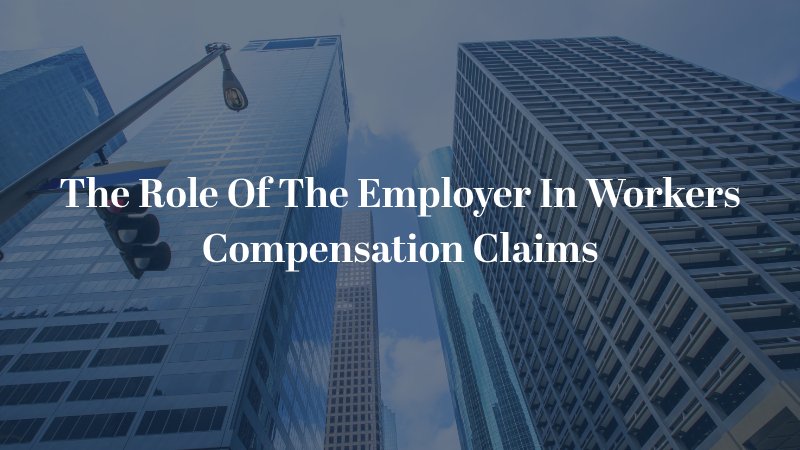
If you’ve sustained an injury on the job, navigating the complex maze of workers’ compensation can seem like an added burden when all you want to focus on is healing. However, for injured parties, understanding the requirements of their employer during a workers’ compensation investigation can drastically simplify the process.
The Employer’s Responsibilities in Workers’ Compensation
Employers have a series of responsibilities when it comes to workers’ compensation. These obligations are designed to make sure the employer complies with legal standards and ensures employees receive the support and assistance they need.
Providing Coverage
The first and most significant duty of an employer is to provide workers’ compensation insurance. This is usually a legal necessity and is critical for covering the costs associated with workplace injuries.
Educating Employees
Awareness is paramount. Employers must make it a priority to inform their workforce of the workers’ compensation benefits available to them, as well as the procedures for filing claims.
Reporting Injuries
It’s imperative that employers report workplace injuries to the insurance provider immediately. Delays in this crucial step can significantly hinder an employee’s ability to get the compensation and care they need.
Cooperating with the Claims Process
Employers play a substantial role in the claims process. They are responsible for providing documentation and may have to work closely with insurance adjusters to ensure a timely and fair resolution.
Common Employer Missteps
In the area of workers’ compensation, employers play a crucial role. However, certain mistakes or oversights can significantly complicate the claims process for both parties. Some of these common missteps include:
Delayed Reporting: Failing to report the injury to the insurance provider can result in a delayed claims process and disputes.
Inadequate Record Keeping: Poor documentation of the injury and the conditions and occurrences surrounding the injury may cause challenges during the claim’s assessment process.
Lack of Communication: Failing to communicate with the injured party throughout the process may result in misunderstandings and a strained relationship between employer and employee.
Neglecting Safety Measures: Overlooking the implementation of recommended safety improvements following an incident can lead to repeat injuries and increased scrutiny from insurance providers.
Not Providing Required Notices: Employers are required to post information on the rights and procedures of workers’ compensation:
A Notice of Compliance to employees and employers that explains the rights and responsibilities of both parties when private sector employees are injured on the job.
Failure to do this may result in workers being unaware of their rights when injured and what steps they need to take to take.
By avoiding these common missteps, employers can streamline the workers’ compensation claim process and ensure their injured workers receive timely and appropriate support and treatment.
Navigating Disputes With Employers in Workers’ Compensation Claims
When facing disputes or a lack of cooperation from an employer in the workers’ compensation process, employees can take several steps to protect their rights and interests:
Document Everything: Keep detailed records of all interactions, medical treatments, and communications related to the injury and the claim process. Documentation can be crucial in resolving disputes.
Seek Medical Documentation: Obtain comprehensive medical records and a doctor’s opinion linking the injury to the workplace, as this serves as vital evidence for your claim.
Understand Your Rights: Familiarize yourself with your local workers’ compensation laws and your rights as an injured worker. Knowledge is power when disputing a claim.
Contact a Workers’ Compensation Attorney: If disputes continue or your rights are being ignored, consulting with an Washington D.C. attorney experienced in workers’ compensation can provide you with guidance and representation.
Navigating disputes with an employer over a workers’ compensation claim can be challenging, but understanding your rights and taking proactive steps can help ensure a fair resolution. For help, contact Lightfoot Law to schedule a free consultation.